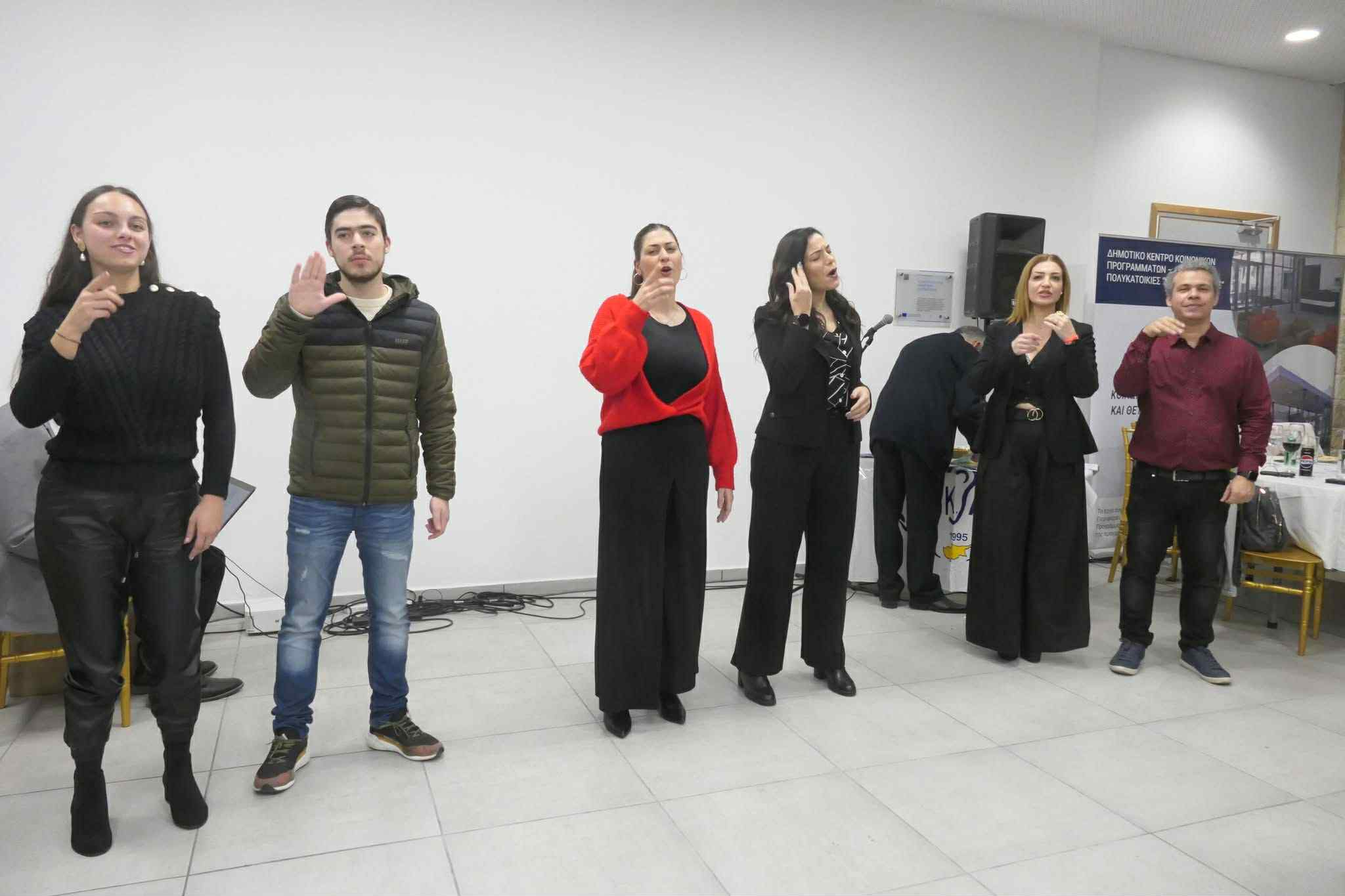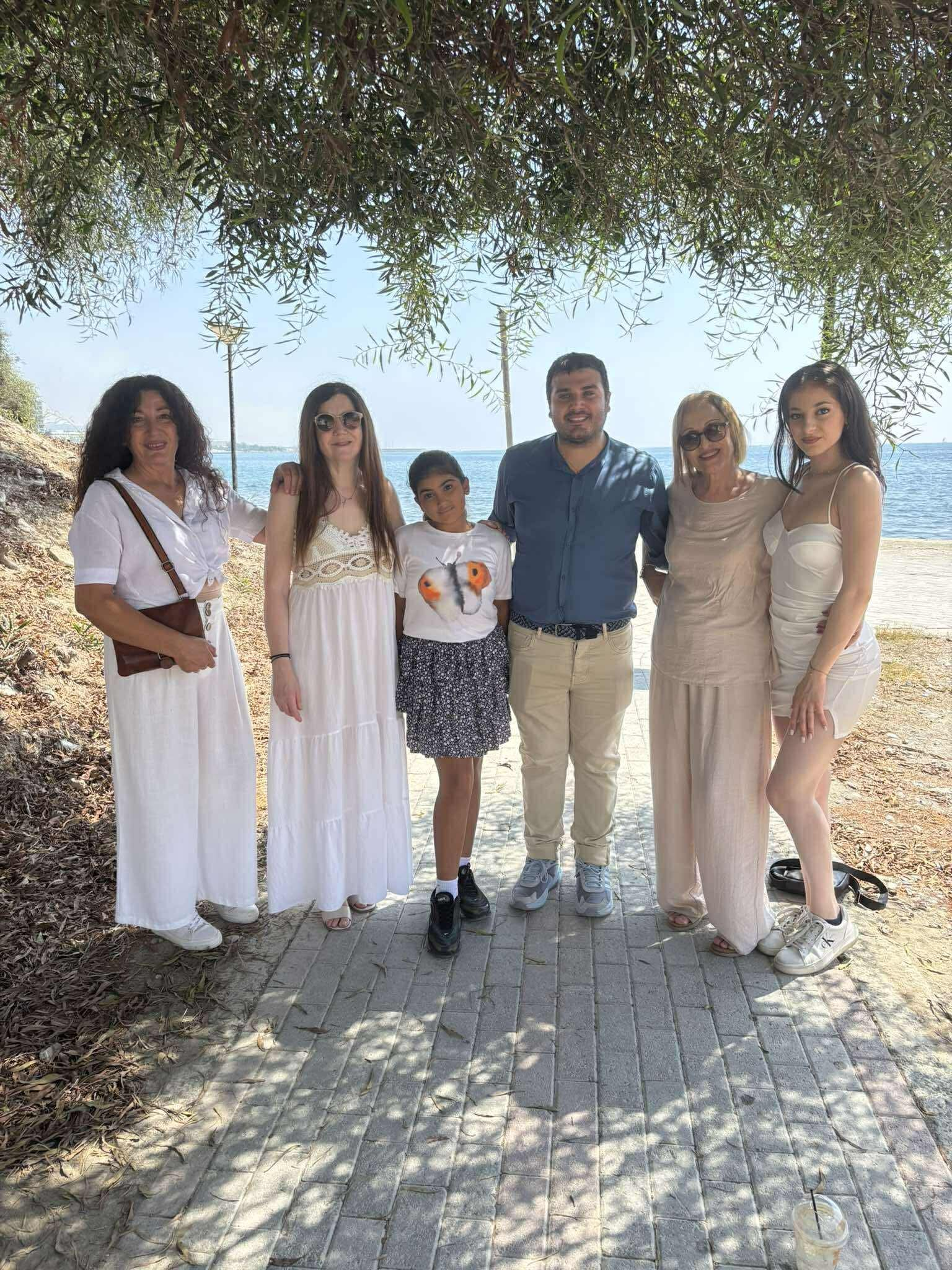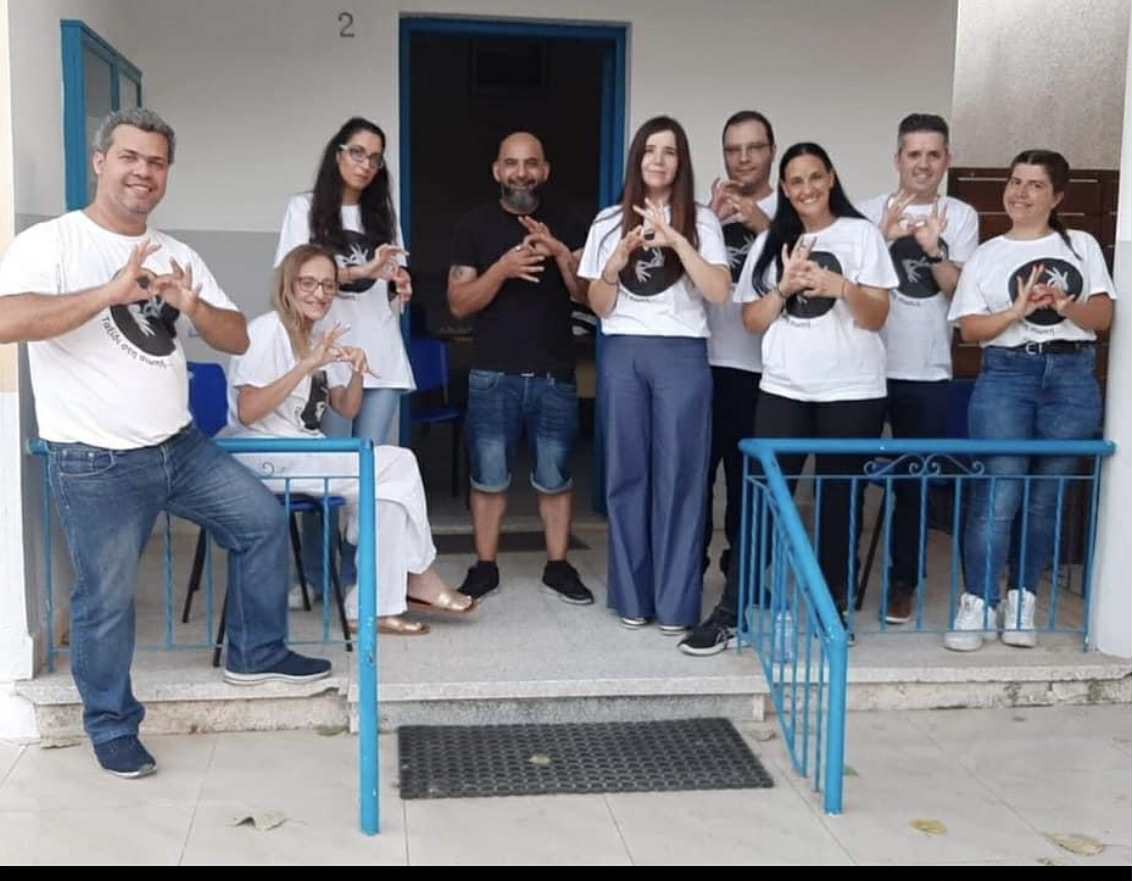“Cyprus must be heard at the United Nations,” Limassol sign language tutor Fani Anastasiou said on Sunday.
“It would be particularly important for the United Nations to support such initiatives by establishing an official global symbol, such as lighting public buildings every September 23.”
Her remarks came as the Greek Parliament building was illuminated in purple on Saturday in honour of the international day of sign languages. The event marked the start of the international week of the deaf, observed every year during the last week of September.

The United Nations officially recognises September 27 as the international day of sign languages, marking the anniversary of the world federation of the deaf’s founding in 1951. The day underlines the human rights of deaf people and celebrates sign language as both a cultural and linguistic identity.
Cyprus currently lacks a nationwide symbolic event marking the international day of sign languages, unlike Greece. Anastasiou stressed that this absence weakens Cyprus’ voice on deaf rights and inclusion.
“It is significant that the Greek Parliament participates in such a European initiative. Cyprus must follow suit, not only for visibility but for equality.”
Anastasiou, founder of the Limassol-based centre Taxidi sti Siopi (Journey into Silence), described the gesture of illumination as “a powerful symbol of recognition and inclusion.”
“Cyprus should embrace such initiatives to make a statement on equality,” she added.
Born in Cyprus, Anastasiou lost her hearing at the age of five during a medical examination. Later, she regained partial hearing in one ear and pursued extensive study of sign language both in Cyprus and abroad. She now teaches deaf and hearing students, creating cultural projects that translate songs and theatrical works into sign language. Her work has been presented in Cyprus and internationally.
“Sign language is not merely a tool for communication,” she said, “it is a culture, an identity, and a way of expressing emotions for millions of deaf people worldwide.”
The world federation of the deaf estimates there are about 72 million deaf people worldwide, using over 300 different sign languages. Anastasiou emphasised that recognising sign languages is a matter of human rights and equal access to communication.

Her work includes writing original songs dedicated to deaf people, some of which have been performed by renowned artists, as well as serving on the scientific committee of the education ministry for the documentation of Cypriot sign language.
“The UN’s involvement would give such initiatives real global reach,” she said.
“When public buildings everywhere light up on sign language day, the message is clear: sign language matters, and equality matters.”






Click here to change your cookie preferences